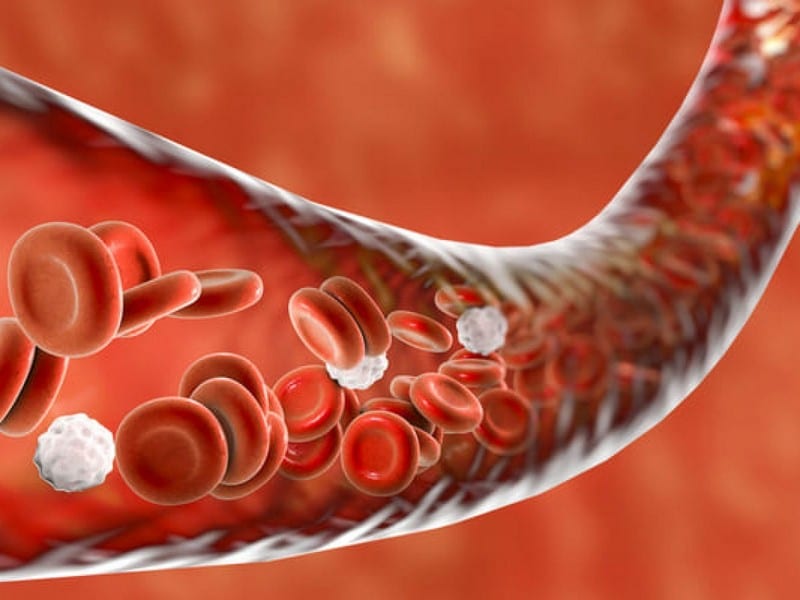Too Much Calcium, Phosphorous, or Vitamin D

Long term, consuming too much calcium, phosphorous or Vitamin D can lead to low blood levels of magnesium. This is because these three minerals are all essential for bone health, and the body needs them properly balanced. The reason why taking too much calcium can lead to symptoms of low magnesium is that they are both found in bone tissue. Therefore, when a person has excess calcium in their body, it binds with magnesium and then excretes the excess through the kidneys. This process causes dehydration and contributes to many other health issues, such as constipation, high blood pressure, and osteoporosis.
Vitamin D is an essential source of calcium that the body uses to help build and maintain strong bones. However, consuming too much vitamin D without enough magnesium can cause the body’s magnesium levels to drop too low. When this happens, it becomes difficult for the body to build new bone tissue (osteoporosis).










